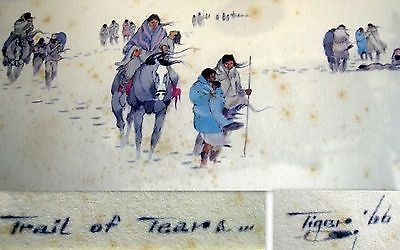
The recent disinformation campaign against New York's new abortion law reflects the takeover of the GOP by radical Movement Conservatives in the 1970s. It's a story not about principle, but about power.
Let's take a look at the modern political history of abortion, shall we? /1
Let's take a look at the modern political history of abortion, shall we? /1
States began to criminalize abortion in the 1870s (a process itself about politics that I will tell someday). By 1960, an observer estimated between 200K and 1.2 million illegal US abortions a year, endangering women, primarily poor ones who could not afford a workaround. /2
To stem this public health crisis, doctors wanted to decriminalize abortion and keep it between a woman and her doctor. In the 1960s, states began to decriminalize abortion on this medical model, and support for abortion rights grew. /3
At the same time, the rising women's movement wanted women to have control over their lives, and came to see reproductive rights as key to that. In 1969, activist Betty Friedan told a medical abortion meeting: /4 
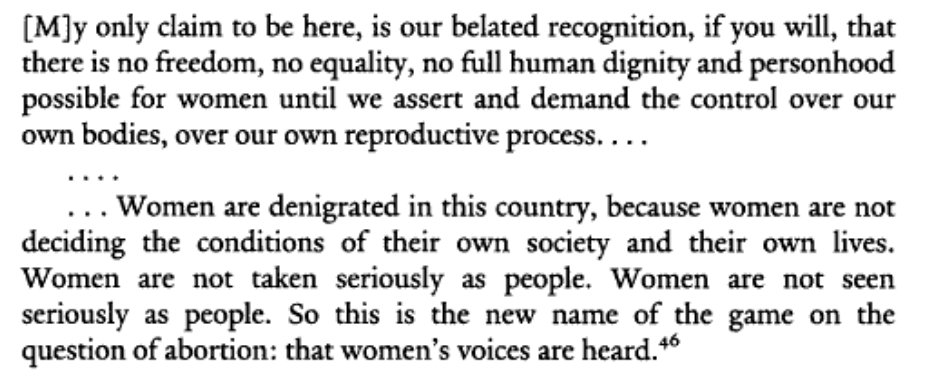
In 1971, even the evangelical Southern Baptist Convention agreed that abortion should be legal in some cases, and vowed to work for modernization. /5 
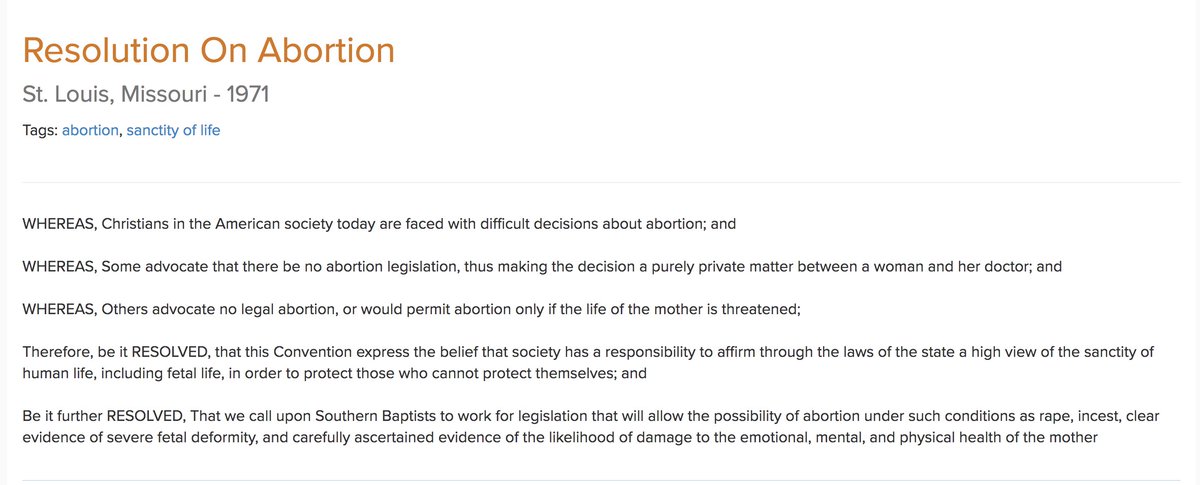
By 1972, Gallup pollsters reported that 64% of Americans agreed that abortion was between a woman and her doctor. 68% of Republicans, who had always liked family planning, agreed; 59% of Democrats (who had more Catholics) agreed. /6
In 1973, the Supreme Court, under Republican Chief Justice Warren Burger, in a decision written by Republican Lewis Blackmun, decided Roe v. Wade, legalizing first-trimester abortion. (This is a brilliant obituary of Norma McCorvey, AKA Jane Roe.): /7 latimes.com/local/obituari…
Wait. Republicans liked Roe v. Wade?
What happened?!
The common story is that Roe sparked a backlash. But legal scholars Linda Greenhouse and Reva Siegel found something interesting. (The statistics so far have been from their 2011 article in the Yale Law Journal.) /8
What happened?!
The common story is that Roe sparked a backlash. But legal scholars Linda Greenhouse and Reva Siegel found something interesting. (The statistics so far have been from their 2011 article in the Yale Law Journal.) /8
Remember that fewer Democrats than Republicans supported abortion rights in 1972? There was something else going on in that year. Nixon was up for reelection, and he and his people were paranoid that he would lose. /9 

Nixon's handler Pat Buchanan was a Goldwater man who wanted to destroy the popular New Deal state that regulated the economy and protected social welfare and civil rights. To that end, he believed Ds and traditional Rs must be kept from power and Nixon must win reelection. /10 
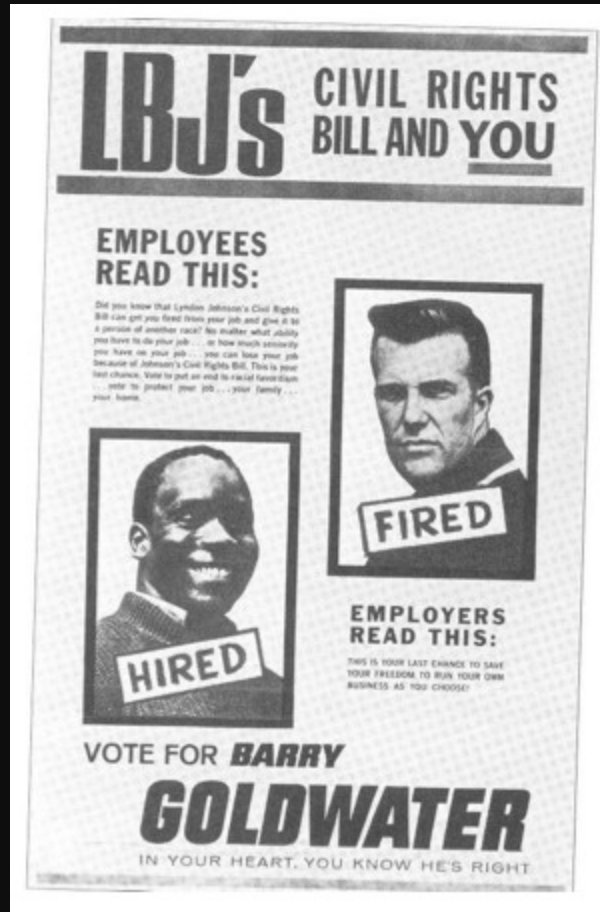
Catholics, who opposed abortion and believed that "the right of innocent human beings to life is sacred," tended to vote for Democratic candidates. Buchanan (himself Catholic), urged Nixon to woo Catholic Democrats before the 1972 election over the issue of abortion. /11
In 1970, Nixon had directed US military hospitals to perform abortions regardless of state law; in 1971, he reversed course to split the Democrats, citing his personal belief "in the sanctity of human life- including the life of the yet unborn" (note the Catholic language). /12
Although Nixon and Democratic nominee George McGovern had similar stances on abortion, Nixon and Buchanan framed McGovern as the candidate of "Acid, Amnesty, and Abortion," a radical framing designed to alienate traditionalists. (McGovern had a PhD in History, btw.) /13 
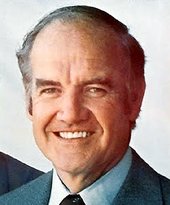
As Nixon split the US in two to rally voters, his supporters used abortion to stand in for women's rights in general. Railing against the Equal Rights Amendment, in her first statement on abortion in 1972, activist Phyllis Schlafly did not talk about fetuses; she said /14 

Traditional GOP supported an activist government that regulated business and promoted social welfare, but Movement Conservatives wanted to kill the active government. They attacked anyone who supported such a government as immoral. Abortion turned women's rights into murder. /15 

Movement Conservatives harped on traditional roles, and in 1974, the TV show Little House on the Prairie started its 9 year run and helped, showing white women as wives and mothers in the West protected by their menfolk. /16 pictorial.jezebel.com/the-settler-fa…
This image was the female side of the cowboy individualism personified by Ronald Reagan. A man should control his own destiny, take care of his family, unencumbered by government. Tax cuts meant a man ran his own life. (This encouraged the rise of evangelicism, too, btw.) /16 

In 1984, sociologist Kristin Luker discovered that "pro-life" activists believed that selfish "pro-choice" women were denigrating the roles of wife and mother. They wanted an active government to give them rights they didn't need or deserve. (Such laws cost tax dollars.) /16 
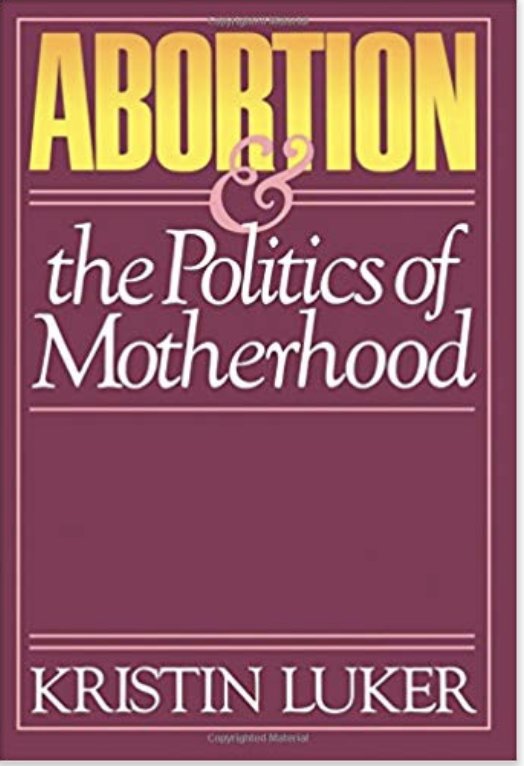
By 1988, Rush Limbaugh, the voice of Movement Conservatism, who was virulently opposed to taxation and active government, demonized women's rights advocates as "Femi-nazis," for whom "the most important thing in life is ensuring that as many abortions as possible occur." /17
In 2016, GOP presidential candidate Carly Fiorina said that Democrats endorsed the murder of live babies for the sale of their body parts. That is: those who believe government should defend equal rights also commit infanticide. (Is it any wonder folks believed Pizzagate?) /18
This recent image of a group of young men agitating over an issue that, on its face, doesn't affect them, highlights how Movement Conservatives turned abortion into a political weapon in the 1970s, and how that militarization echoes today. /END 

• • •
Missing some Tweet in this thread? You can try to
force a refresh



